Hypertension a.k.a High Blood Pressure (高血压)
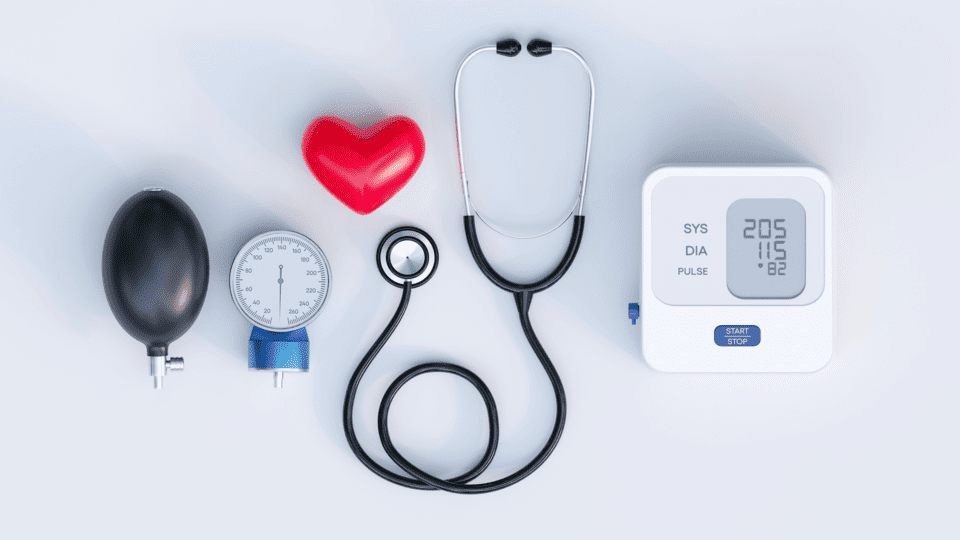
In Singapore, over one in three people aged 18 to 741 has high blood pressure, while 232 people die from heart disease and stroke every day.
While most people are aware of the severity of heart disease, few understand the link between high blood pressure and heart disease. If left untreated or not properly managed for a prolonged period, high blood pressure can cause damages to your body before any noticeable symptoms appears. Your heart could be at risk of significant damage long before you even realise it.
What is Hypertension? Is It the Same as High Blood Pressure?
The heart is a vital organ that pumps blood from the heart to the rest of the body. The major blood vessel that carries blood from our heart to the rest of our body is known as arteries. Similar to a water pipe, when blood flows within the arteries, there is a constant pressure pushing against the wall of the arteries. The pressure is known as blood pressure.
High blood pressure, also called hypertension, is a condition in which the heart has to pump harder for blood to flow through narrowed blood vessels, leading to persistently raised pressure on the vessel walls.
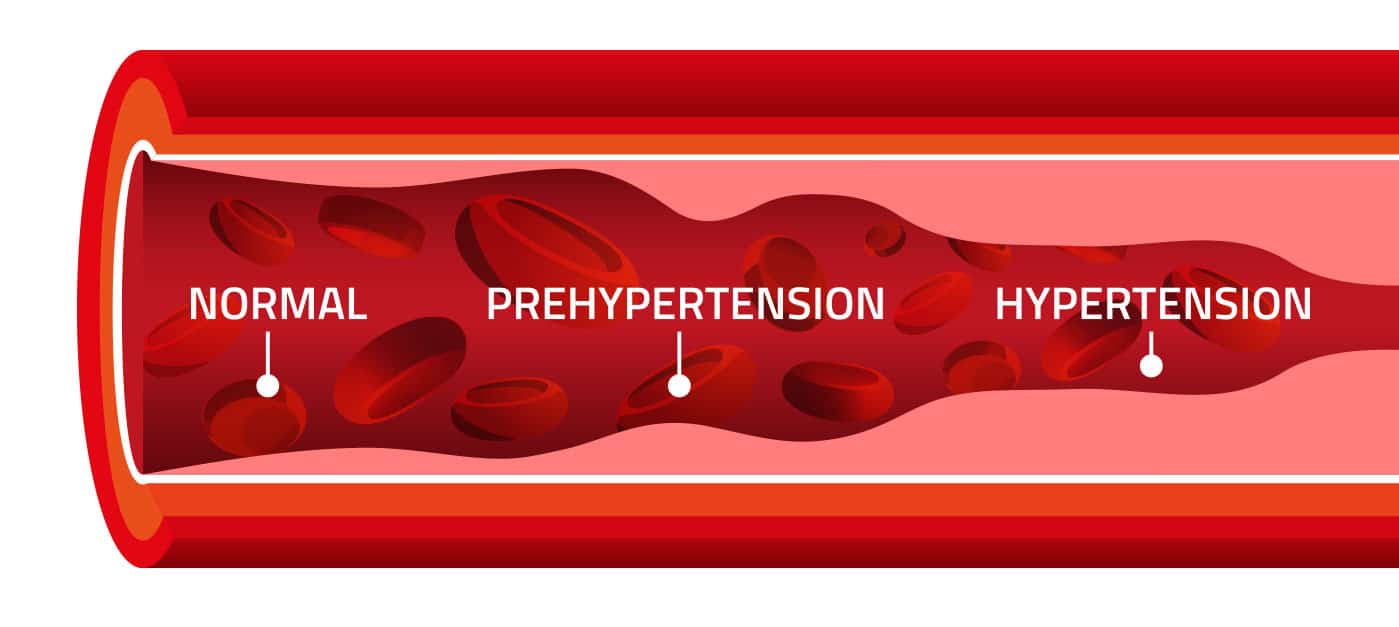
Blood pressure is measured by two numbers – systolic blood pressure and diastolic blood pressure. Systolic blood pressure refers to the pressure of arteries when heart contracts and pumps blood to the rest of the body. Diastolic blood pressure refers to the pressure of arteries when the heart relaxes and its valves open, filling the heart chambers with blood. For a healthy individual, the normal blood pressure should be less than 130/85mmHg. You may have hypertension if your blood pressure is consistently above 140/90mmHg.
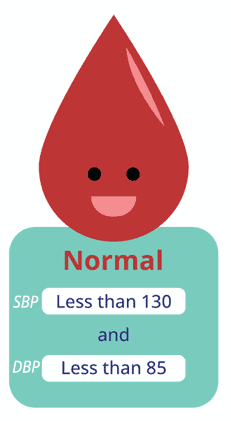
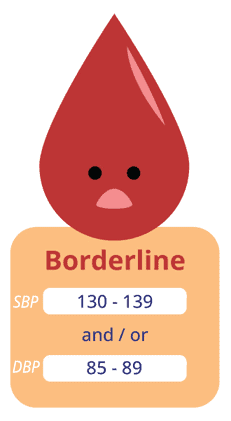
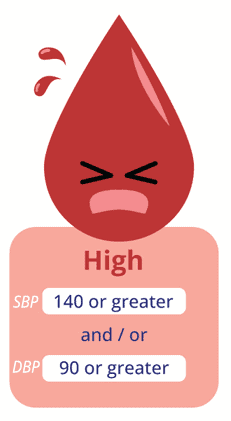
SBP – Systolic Blood Pressure (mmHg) / DBP – Diastolic Blood Pressure (mmHg)
Causes and Symptoms of Hypertension
Hypertension is known as the “silent killer”. There are usually no noticeable signs or symptoms of hypertension until significant damage has been done to the heart and arteries, and many people go undiagnosed.
However, if symptoms do occur, they can include: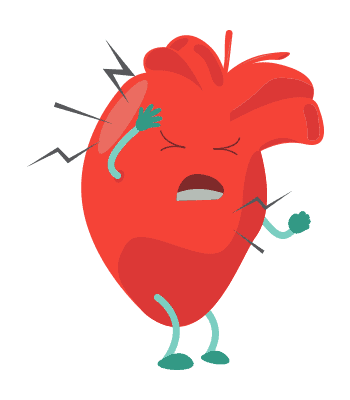
- Blurred vision
- Nosebleeds
- Shortness of breath
- Chest pain
- Dizziness
- Headache
The only way to diagnose high blood pressure is by measuring it. You can book an appointment with your healthcare provider to check your blood pressure, or you can monitor it at home with a blood pressure monitor.
Constant high blood pressure on the vessel walls can damage the blood vessels, leading to a buildup of plaque and further narrowing them. This can increase the risk of heart diseases such as heart attack, heart failure, and stroke. Other complications of hypertension include vision loss, kidney failure, and sexual dysfunction.
What Causes Hypertension?
Hypertension, like other chronic diseases such as diabetes and hyperlipidaemia, is a type of multi-factorial disease. This means that there are many factors contributing to high blood pressure. These factors can be divided into two groups – non-modifiable and modifiable.
Non-Modifiable
Genetics – If you have a family history of hypertension, you may have increased risk of developing the condition.
Age – As individuals get older, the risk of hypertension increases.
Modifiable
Dietary Habits – Individuals with a diet high in sodium and saturated fats are at higher risk of developing hypertension. Frequent and high volume alcohol consumption is also linked to an increased risk of hypertension.
Physical Activity – Research have shown that individuals who are sedentary are more likely to develop hypertension compared to those who exercises regularly and are physically active.
Tobacco Usage – According to studies, tobacco in cigarettes is linked to an increased risk of developing hypertension. Therefore, people who smoke regularly are at a higher risk.
Obesity – Being overweight or obese can elevate blood pressure because your heart has to work harder to pump blood around your body.
Stress – When an individual is under stress for a prolonged period they may develop hypertension due to persistently elevated blood pressure.
How to Manage Hypertension
Lifestyle changes and medication can help lower blood pressure and decrease the risk of related health complications. If you are diagnosed with hypertension or at risk of developing hypertension, here are some steps you can take to manage your condition and risks.
Adopting a healthy lifestyle can significantly impact blood pressure. This includes eating a balanced diet, reducing salt intake, engaging in regular physical activity, maintaining a healthy weight, quitting smoking, and moderating alcohol consumption.
1. Reduce Salt Intake
Studies have shown that reducing daily sodium chloride intake can help lower blood pressure. The main sources of sodium in our diets come from the following:
Soups, Sauces, and Gravy
Sodium is often added for flavor and preservation in soups, sauces, and gravy, which can significantly contribute to daily sodium intake.
Packaged and Processed Foods
Sodium is added in packaged and processed foods as a preservative, flavour enhancer, and stabiliser. This added sodium helps extend shelf life and improve taste, but can significantly increase your daily sodium intake.
It is recommended for a healthy individual to limit their sodium consumption to less than 2,300mg daily, which is equivalent to 1 to 1.5 teaspoons of salt. Individuals with medical conditions such as hypertension, can benefit from a low sodium diet.
Here are some ways to reduce sodium in your diet:
- Read food labels for serving size and sodium content on canned, bottled, and frozen foods before making a purchase.
- When dining out, request for dressings or sauces to be put on the side. Consume less gravy, sauces, and soup.
2. Limit Alcohol Consumption
Do not consume more than one standard drink for women and two standard drinks for men per day [One standard drink: ⅔ can of beer (200ml), a small glass of wine (100ml), or a glass of spirit (30ml)].
3. Get Regular Exercise
Regular exercise can reduce blood pressure and improve cholesterol levels, even if you do not lose weight.
- Children and adolescents (7 to 18 years old): At least 60 minutes of moderate to vigorous-intensity physical activity every day.
- Adults: 150 to 300 minutes of moderate-intensity aerobic activity each week.
4. Do Not Smoke or Stop Smoking
According to studies, it is shown that tobacco in cigarettes is linked to an increased risk of developing hypertension. Therefore, people who smoke regularly are at a higher risk.
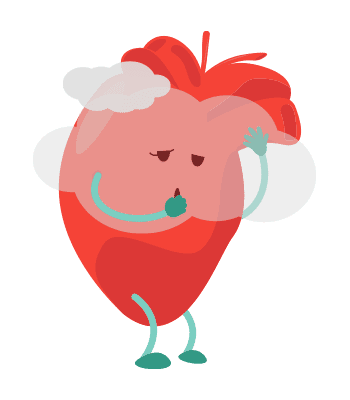
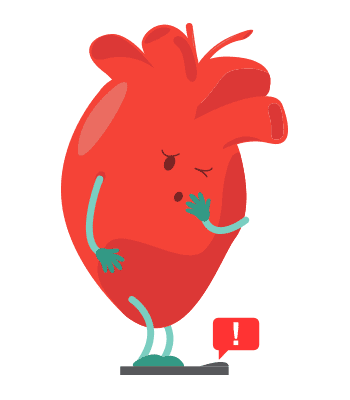
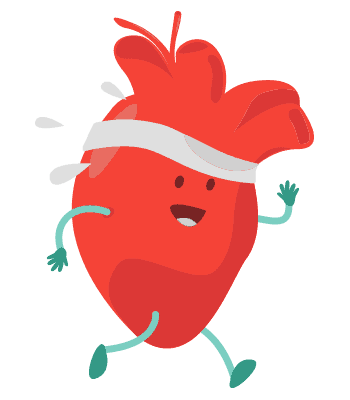
5. Reduce your weight
The heavier you weigh, the more blood is required to supply oxygen and nutrients around your body, thus increasing the pressure on the vessel walls. It is recommended to maintain a healthy BMI of 18.5 to 22.9kg/m2.
6. Manage stress level
High levels of stress can raise blood pressure and lead to unhealthy lifestyle habits that further contribute to hypertension, such as excessive alcohol consumption, smoking, physical inactivity, and a poor diet high in salt, sugar, and fats.
You can manage stress with the following ways:
- Practise meditation, deep breathing, or getting a massage.
- Get enough sleep every night.
What If I Still Have High Blood Pressure After All The Steps Are Taken?
If you continue to have high blood pressure despite lifestyle modifications, you may require medication to reduce your blood pressure. It is recommended to discuss these options with your healthcare provider.
Sources:
1Singapore Heart Foundation. “High Blood Pressure.” Singapore Heart Foundation, www.myheart.org.sg/health/risk-factors/high-blood-pressure/.
2Singapore Heart Foundation. “Heart Disease Statistics.” Singapore Heart Foundation, www.myheart.org.sg/health/heart-disease-statistics/.
References:
American Heart Association. “The Facts About High Blood Pressure.” American Heart Association, May 2023, www.heart.org/en/health-topics/high-blood-pressure/the-facts-about-high-blood-pressure.
National Heart, Lung, and Blood Institute. “High Blood Pressure – Causes and Risk Factors.” National Institutes of Health, Mar. 2022, www.nhlbi.nih.gov/health/high-blood-pressure/causes.




